Films, art, bathrooms: the cinema of Tsai Ming-liang
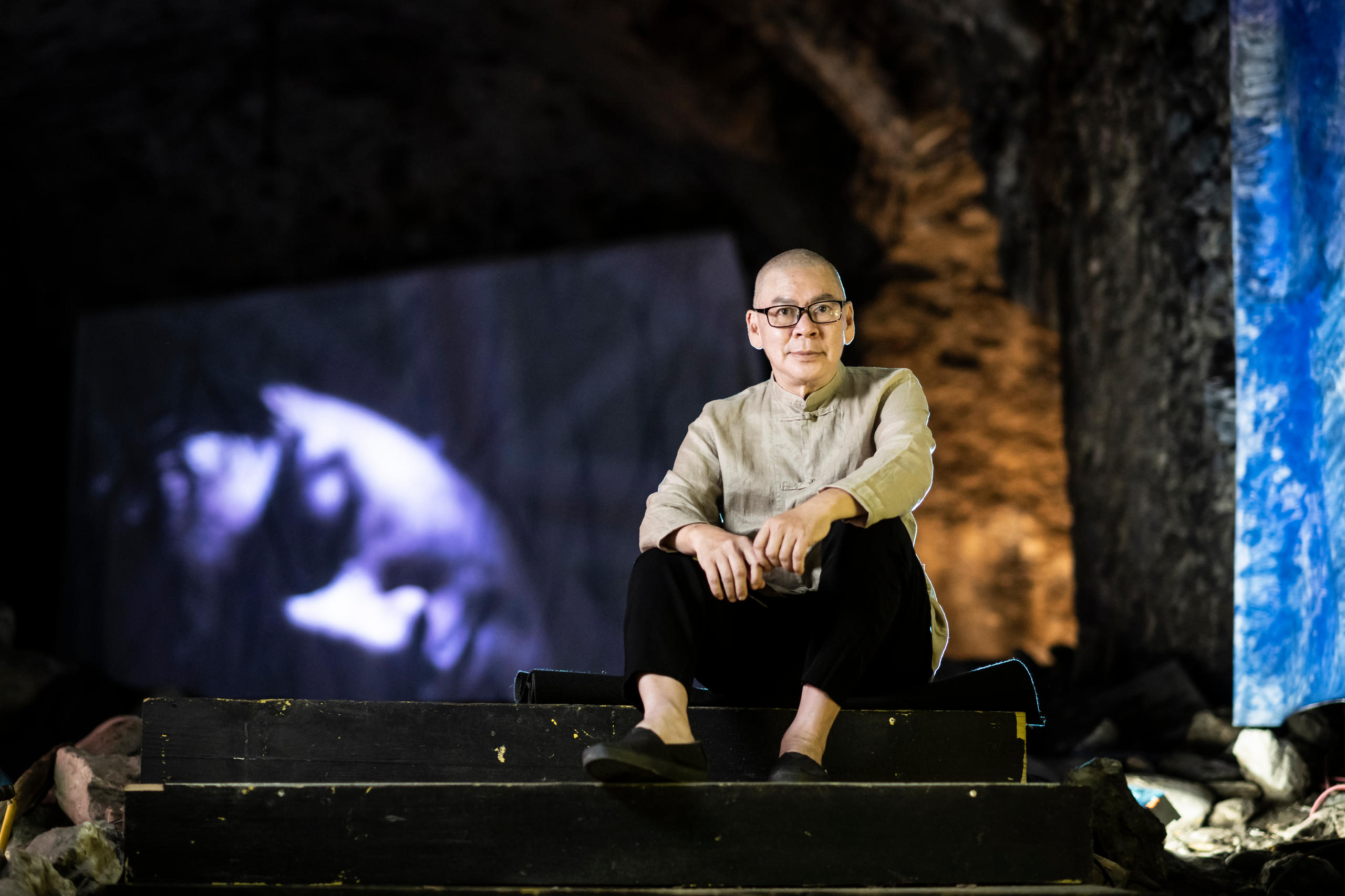
The Taiwan-based filmmaker Tsai Ming-liang received a special award for his career at this year's Locarno Film Festival. He talked to SWI swissinfo.ch about his childhood in Malaysia and his quest to blur the line between museums and cinemas.
We climb up to the Hotel Belvedere for our brief appointment with Tsai Ming-liang. Inside the hotel, which is perched on a hill of manicured grass and palm trees in Locarno, the Malaysian-Taiwanese director reclines nonchalantly with a pot of tea.
Poised and calm with a soft, soul-piercing gaze, Tsai, 65, has a presence that feels both larger than life and instantly intimate. Perhaps one of the most well-known and beloved auteurs of the “slow cinema” form, his work has established singular uses of endurance and cessation to express lust, loneliness, thwarted desire, queerness, labour precarity, and ageing.
Tsai translates these expressions seamlessly and poignantly between the theatre, cinema and gallery; his exhibition “Moving Portraits”, curated by Kevin B. Lee, opens during this year’s Locarno Film Festival, in which his moving image works are screened inside a cave – to the viewer’s sensorial inversion.
Tsai tells SWI swissinfo.ch about the recurrence of bathrooms and saunas in his works, his own cinephile education, and the scenes of his that, like the flickering images inside the cave, continue to glow in people’s minds.
SWI: You left Malaysia for Taiwan when you were young. Why, and what were your formative years like in terms of cinema?
Tsai Ming-liang: My childhood was spent in Kuching, Malaysia, which is a very small city. I lived with my maternal grandparents, who loved to go to the movies. It was in the Sixties, the golden years of cinema because there was no TV yet.
The only entertainment people could have was the cinema. I think you can also say this is the first sign of globalisation, because in the Sixties you had big movie theatres everywhere around the world showing movies, even in such a small place as Kuching in Malaysia. So that’s how [my cinephilia] started.
After high school, I didn’t want to continue and go to college. I thought about just working in Kuching, but most of my friends went to Taiwan. That’s why I also decided to go to Taiwan, where I attended college and studied drama. So I wasn’t trained in the cinema department but in the theatre.
What happened in Taiwan at the end of the 1980s was democratisation: there was no more martial law. So you had this real freedom of speech and expression. And with this, things such as videocassettes also came to Taiwan. I could watch so many movies, especially European ones, including Neo-Realist films from Italy, Nouvelle Vague [from France], the Germans, and other arthouse movies.
SWI: What do you think about the cultural and artistic divide between Taiwan and Mainland China? Are there any bridges, or are they going in very different directions?
T.M-l.: Honestly, I have no idea (laughs). I often think why in the 21st century, when we are so developed technologically, there are still people who care so much about the nation-state and about nationalism. I also wonder why while people’s level of education is so high, they’ve become so narrow-minded. Because they want to be number one in the world, to be dominant. I really don’t understand this, I’m not that way. When I was a kid walking on the streets in Malaysia, we could hear Islamic chanting and we ourselves are Buddhists. Once we passed by a Hindu temple with my grandmother, and she told me to bow to the Indian temple. So I really like Taiwan because I like their value system.
SWI: Can you tell us about the transition of your work from cinema to gallery and museum spaces?
T.M-l.: After making Goodbye, Dragon Inn in 2003, I started being approached by galleries to make work for them. Then in 2007 I represented Taiwan at the Venice Biennale with an installation, and ever since I have had a lot of projects at museums and my films are becoming more and more museum-like.
But I still like to release these works in movie theatres so the Taiwanese audiences know and learn there are more possibilities in cinema. I want to blur the lines between museums and movie theatres. The movie theatre as we know is not very tolerant, so we should expand the possibilities for cinemas. I would like to keep showing my work in the cinema because it’s a more wholesome space.
SWI: Over the years, have there been reactions to scenes from your films that surprised you?
T.M-l.: Since The Hole [1998] I started to mix film genres that I liked when I was a kid, like musicals. For example, you can say The Wayward Cloud [2005] is a kind of musical but a very weird one. But it’s also a silent film and an erotic film. So audiences often had this reaction: why had I started doing musicals? Because my films were supposed to be very cold and quiet, and musicals are bustling. And this actually came from my daily life, because I like these old songs which originate from musicals.
SWI: Let’s talk about bathrooms. Your films are often about lonely characters who can’t connect with others. The cinema becomes a space that offers them the possibility for communication. But the cinema is a peculiar public space: people gather in it not to communicate with one another, but to collectively communicate with images on the screen. In a few of your films [Goodbye Dragon Inn, What Time Is It There?] it’s the cinema bathroom that becomes one of the only spaces for these isolated characters to connect with each other.
T.M-l.: There are many elements in my films, some of which are spaces. All of these elements come from everyday life. But they are not often used by filmmakers. And I like these spaces because people live in them. Bedrooms, bathrooms, living rooms, or more intimate spaces like saunas. Nowadays there are fewer and fewer saunas or gay saunas. Now you have the internet and gay people meet each other online, they don’t have to go to saunas. I think everybody tries to find a sense of belonging by going to these places.
SWI: After three decades of making films, have interviews become repetitive? Do you already know the answers to most of the questions you’re asked, or are there still questions that can surprise you and really make you think?
T.M-l.: My first feature was in 1992. After I made my fifth movie, I already felt tired [of interviews] (laughs). But what really shocked me was in 2003 when Goodbye, Dragon Inn was in competition in Venice. Almost every European and Western director would ask me the same question: “What is cinema?” That really woke me up!
SWI: And what is cinema?
T.M-l.: I didn’t give an answer right away, but I played smart and turned the question back to them: what is cinema? A female French journalist then said, “In the past ten years I’ve watched a lot of films. I’ve cried and laughed with these films, yet I somehow feel uncomfortable because I think watching films is like reading a book, but someone is always turning the page for me. But with you, no one turns the pages for me.” And I said thank you.
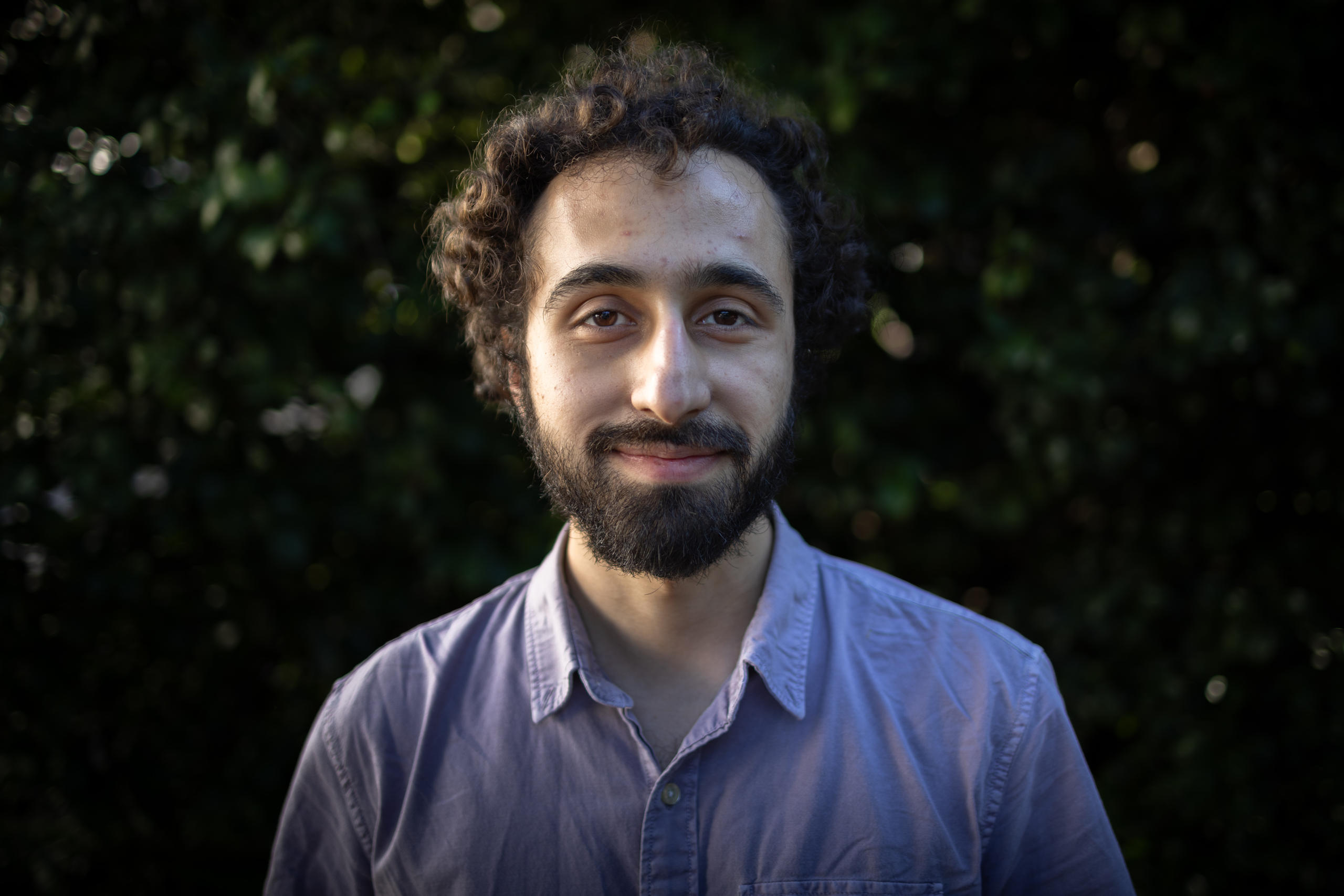
Arta Barzanji is a London-based Iranian filmmaker, critic and lecturer. His current project is a feature-length documentary titled Unfinished: Kamran Shirdel. Arta’s critical writings and translations have appeared in English and Persian, for publications including PhotogėnieExternal link, Film MattersExternal link, and KExternal linkoker magazineExternal link, among others.
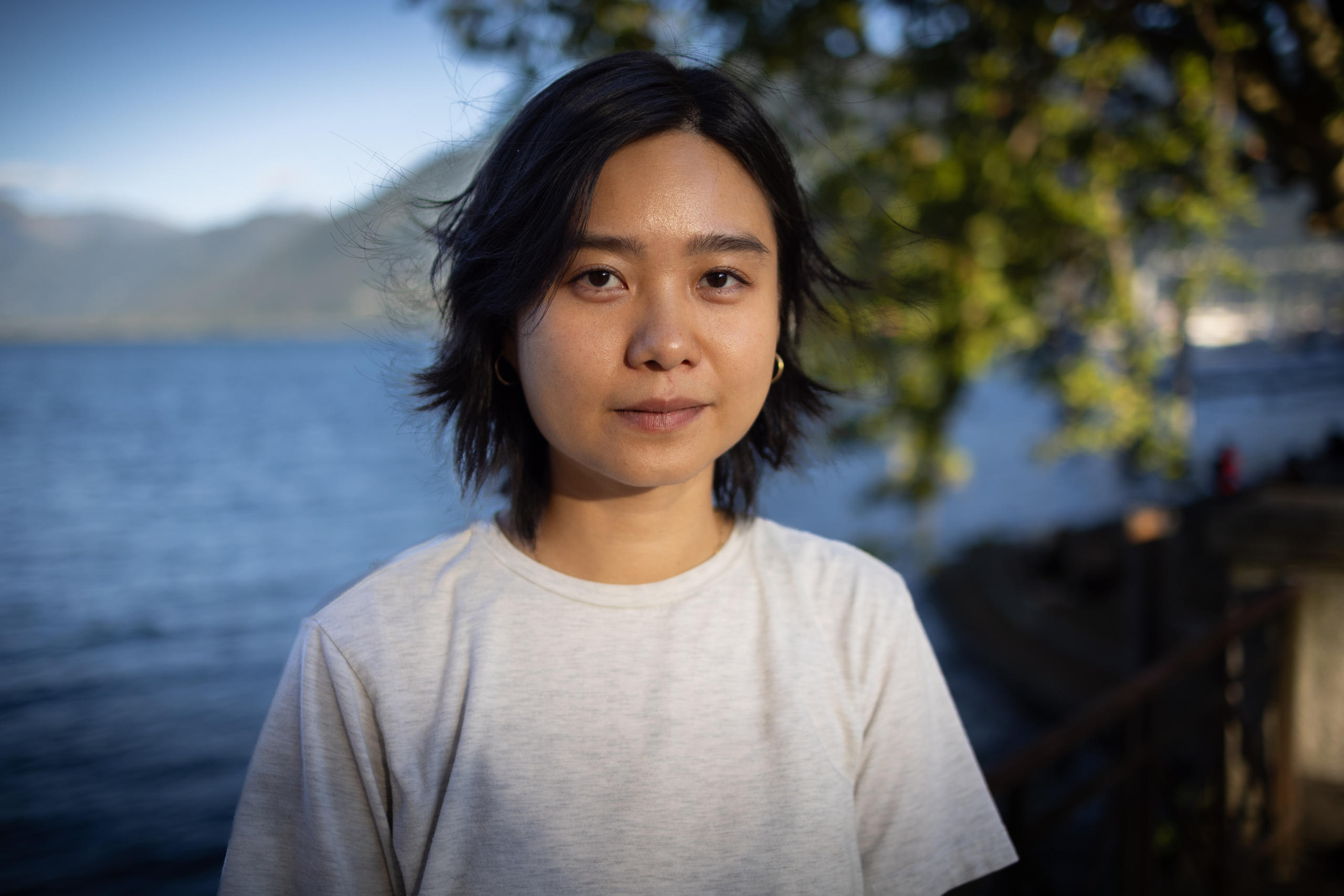
Minh Nguyen is a writer, editor, and organizer of exhibitions and programs currently based in New York City.
Edited by Eduardo Simantob/ts
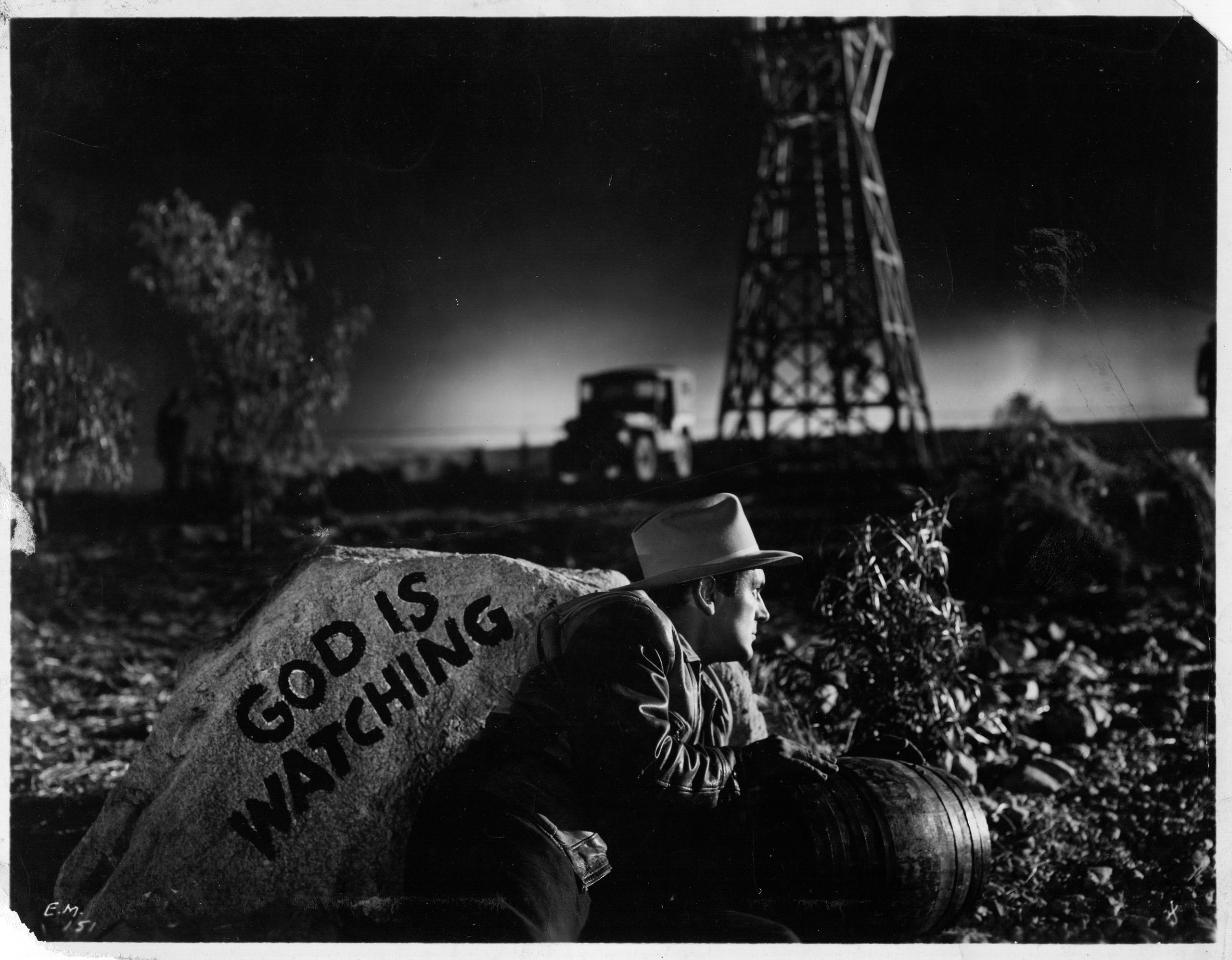
More
Locarno 76: around the world in 214 films

In compliance with the JTI standards
More: SWI swissinfo.ch certified by the Journalism Trust Initiative
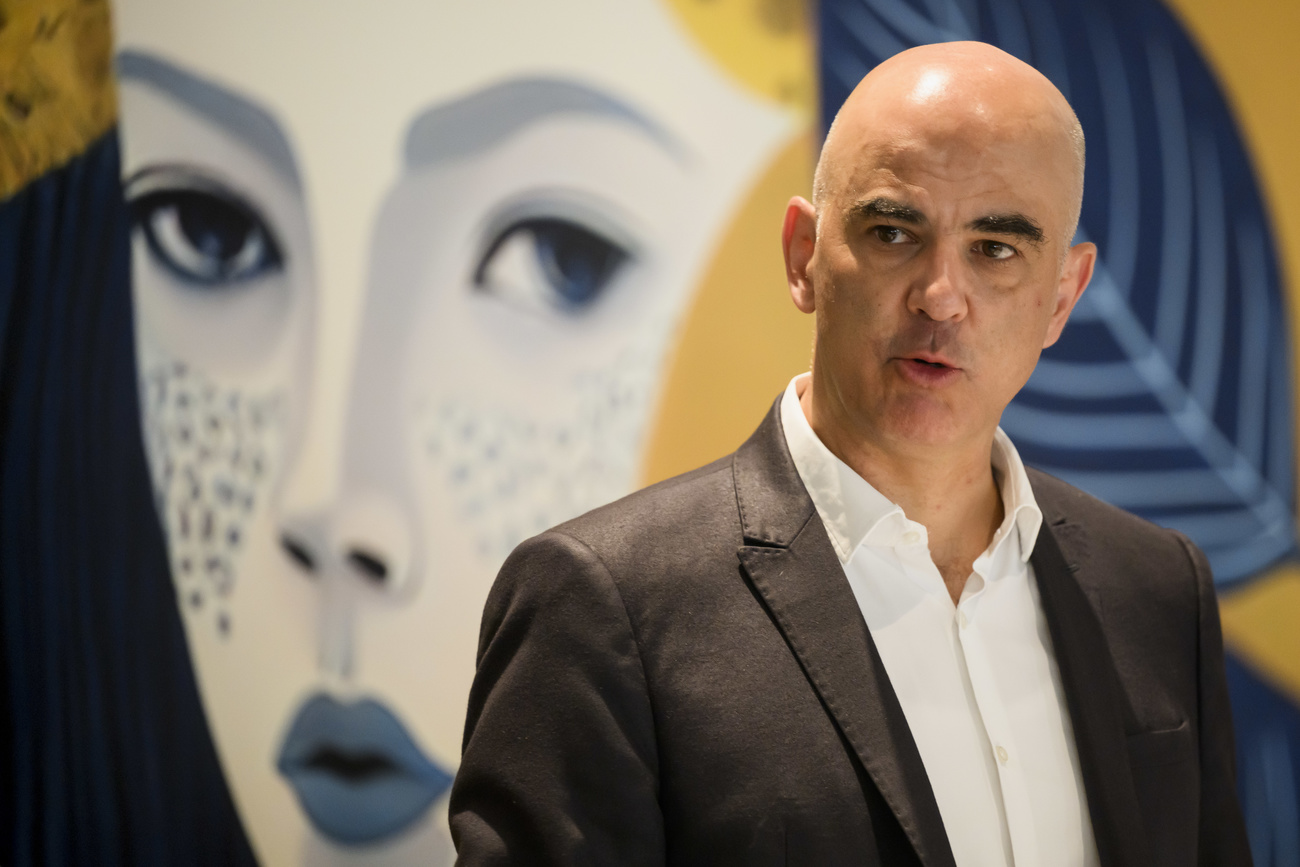
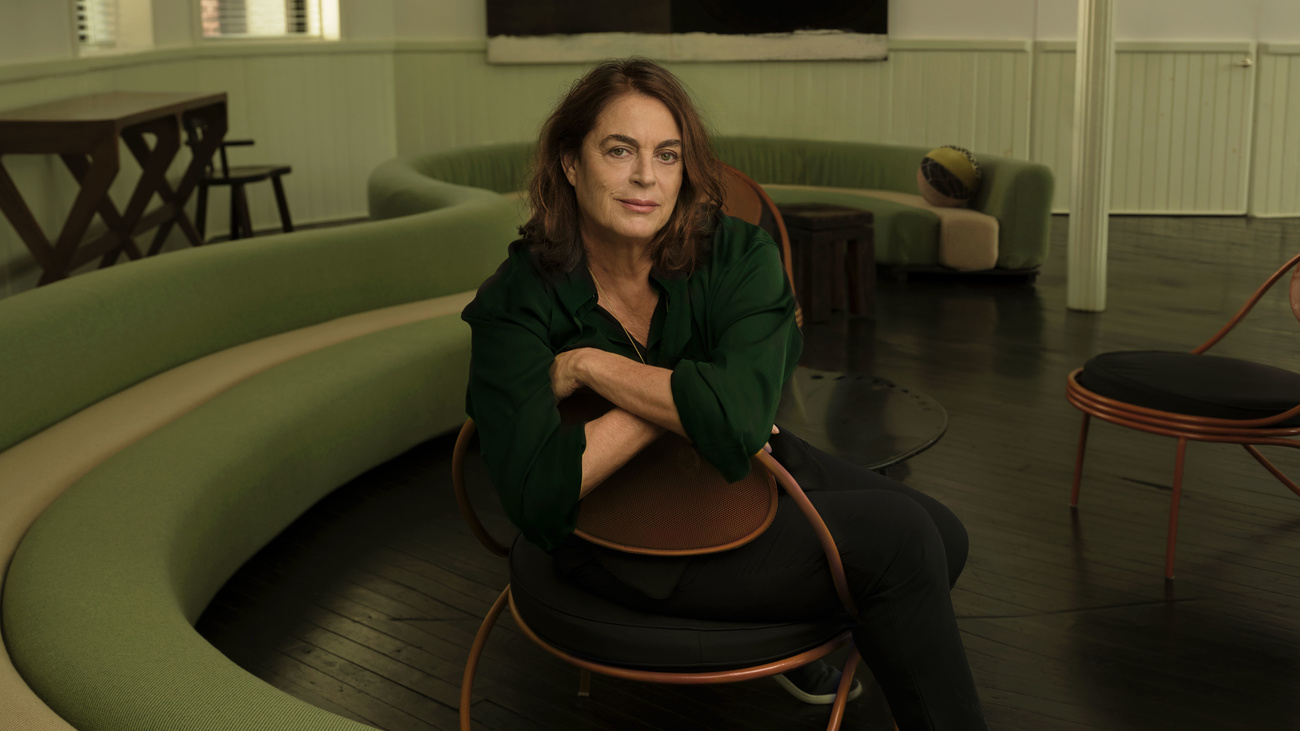
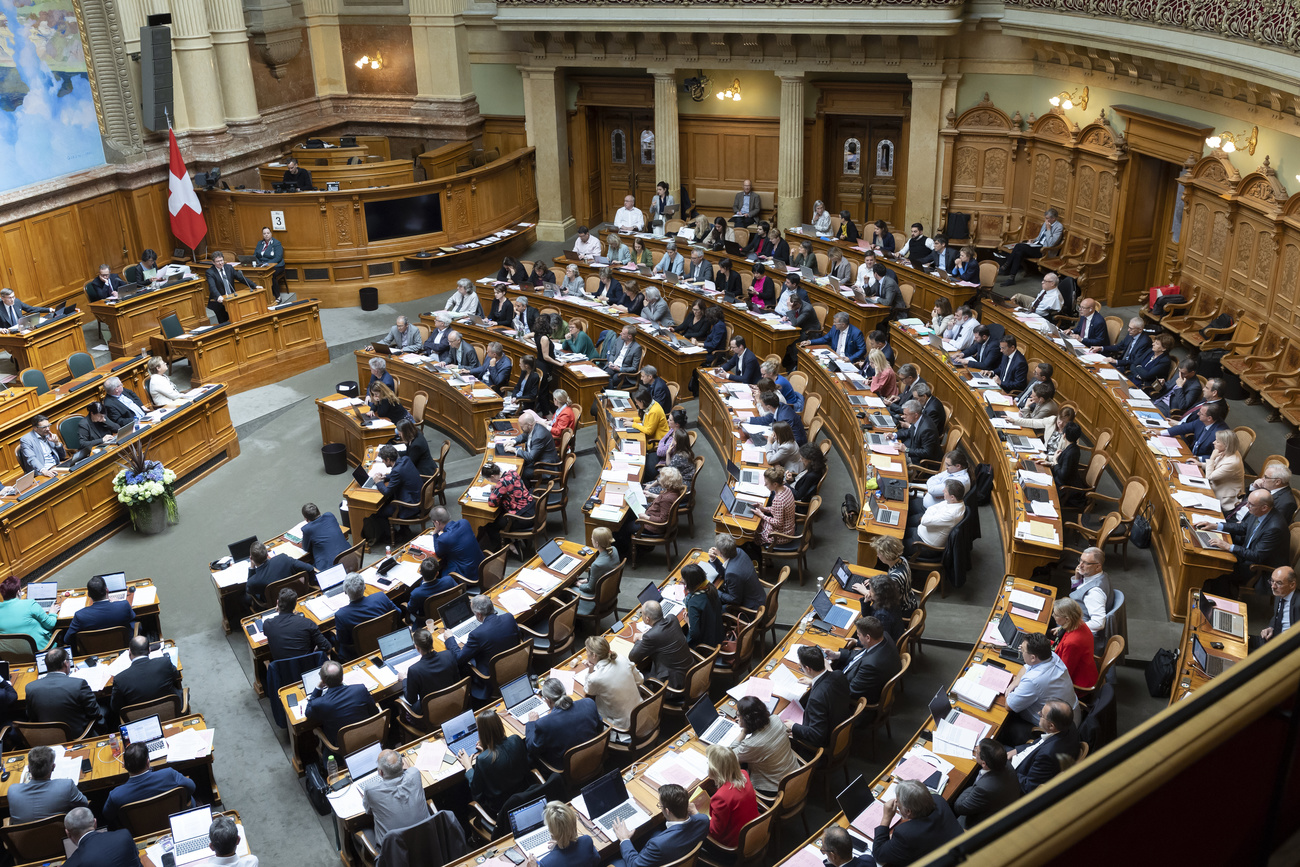
You can find an overview of ongoing debates with our journalists here . Please join us!
If you want to start a conversation about a topic raised in this article or want to report factual errors, email us at english@swissinfo.ch.